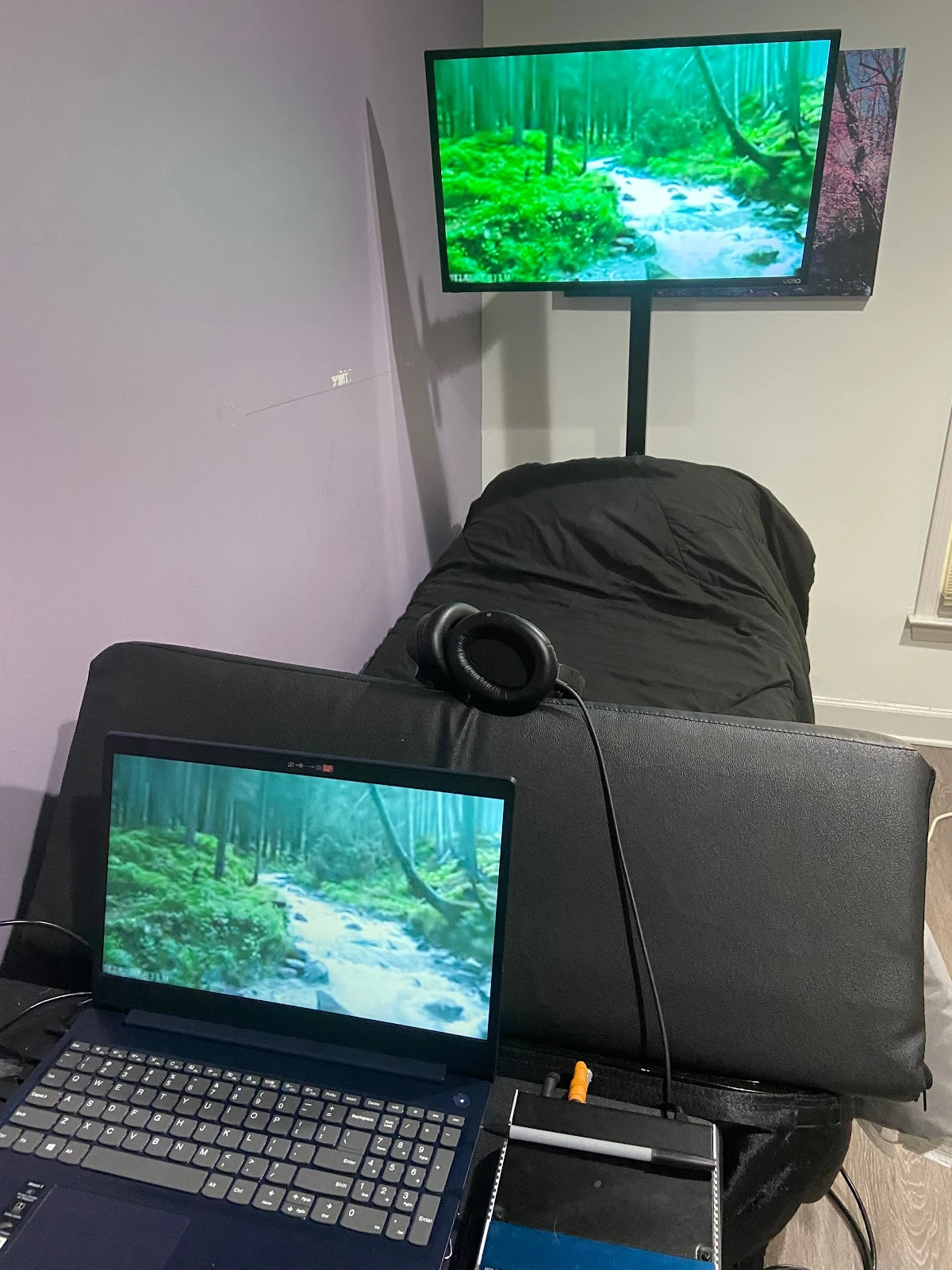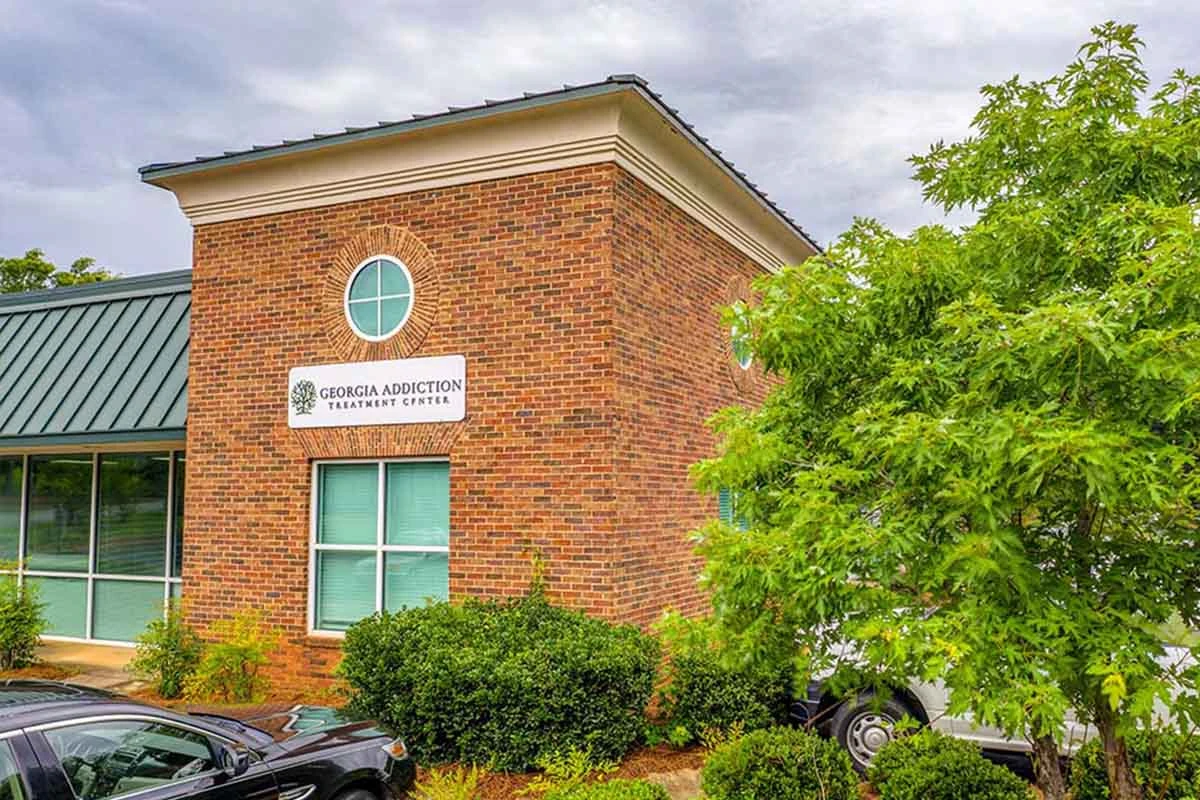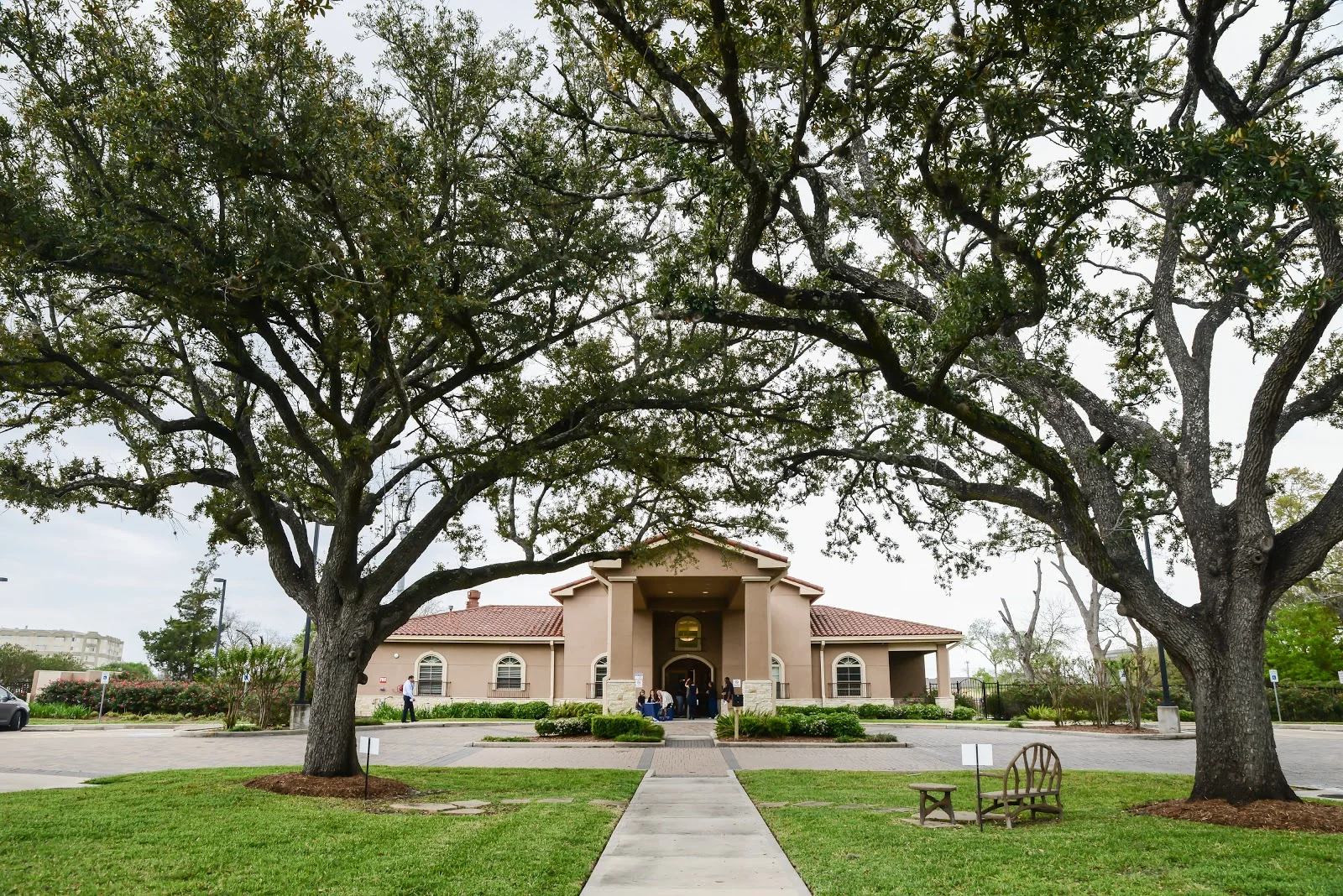Located in Maumee, Ohio, Midwest Recovery Center is a comprehensive rehabilitation facility that specializes in the treatment of opioid dependency, co-occurring disorders, and alcohol and substance addiction. The center provides a diverse selection of programs that are specifically designed to address the unique requirements of individuals who are in the process of recovering, thereby guaranteeing that each client receives the individualized attention required for long-term success. Midwest Recovery Center offers a structured environment in which individuals can address the underlying causes of their addiction and cultivate the necessary tools for long-term recovery, with an emphasis on evidence-based practices and compassionate support.
The Partial Hospitalization Program (PHP) is one of the center's initiatives, which provides individuals who require a higher level of support with intensive, structured care and medical oversight. Flexibility is facilitated by the Intensive Outpatient Program (IOP), which enables clients to maintain their daily responsibilities while receiving comprehensive care. It provides a Medication-Assisted Treatment (MAT) detox program that has been approved by the FDA. This program offers medically supervised detoxification to safely manage withdrawal symptoms. Furthermore, the Outpatient Treatment Program provides ongoing support to clients who require it in a less intensive environment. Former clients are able to provide peer support and maintain a connection to the recovery community as a result of the robust alumni program. The center also provides gender-specific programs for both men and women, and it enables targeted treatment in a supportive and secure environment. These programs are intended to assist clients in resolving gender-related concerns that may impact their recovery process.
The center incorporates a diverse array of therapeutic methods. In order to facilitate emotional expression and rehabilitation through creative outlets, expressive therapy and recreational therapy are integrated. Additionally, clients derive advantages from family, group, and individual therapy, which addresses emotional and relational obstacles. Individuals who have encountered past trauma that may have contributed to their substance use are eligible for trauma therapy. Furthermore, Cognitive Behavioral Therapy (CBT), Dialectical Behavioral Therapy (DBT), and Motivational Interviewing are employed to assist clients in altering detrimental thought patterns and behaviors. Midwest Recovery Center also provides telehealth options for added convenience, enabling clients to access therapy from the comfort of their residences.
The Center's dedication to ethical treatment practices and high standards of care is evidenced by its accreditation by both the Better Business Bureau (BBB) and The Joint Commission. Midwest Recovery Center is a reputable facility for individuals who are pursuing recovery from addiction and co-occurring disorders due to its comprehensive therapeutic approaches, specialized treatment options, and extensive program offerings.



















